Is your hen sitting alone and looking puffed up? Does she seem to have difficulty laying eggs?
If you notice a hen acting weird, like sitting alone all puffed up or having trouble standing with her tail down, she might be egg-bound. This means she’s got an egg stuck inside her and it’s serious because she could die if she doesn’t lay the egg soon.
Chickens laying eggs almost every day is a big deal, so sometimes problems happen. It’s really important to catch this early because an egg-bound hen could die pretty quickly.
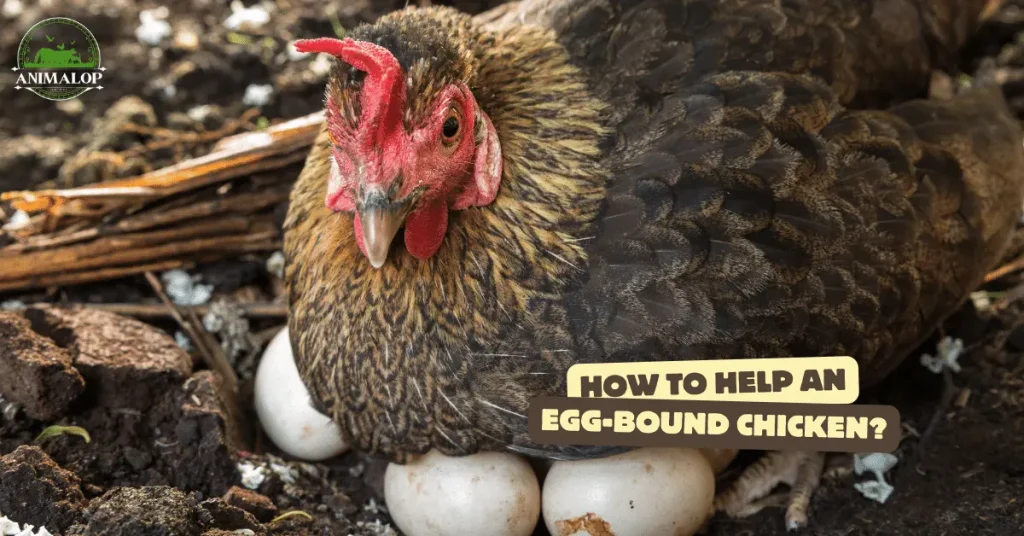
You have about 48 hours to help her lay the egg, or she might not make it. So, if you think she’s got this problem, start helping her right away. Even if she isn’t actually egg-bound, trying to help won’t hurt her. You’ll end up with a very clean chicken at least! But if she is egg-bound, it’s critical to get that egg out as soon as possible.
| Causes | Symptoms | Treatment |
| Too much protein | Lack of appetite | Warm water soak |
| Stress | Decreased thirst | Dry off and keep warm |
| Poor diet | Pale comb and wattles | Lubricate the vent with an herbal salve or oil |
| Dehydration | Lethargy | Keep calm in a quiet, dark space |
| Obesity | Droopy wings | Give calcium supplement |
| Large/double yolk eggs | Waddling | Repeat warm water soak |
| Lack of calcium | Straining or pumping the rear | Last resort: careful removal of the egg |
| Infection | Frequently sitting, wet feces, or vent | |
| Genetics | ||
| Not drinking enough water |
What is an Egg Bound Hen?
An egg-bound hen has an egg stuck inside her, which can happen mostly in young or very chubby chickens or those made to lay eggs all year with extra light in their coop.
Luckily, it’s not very common to have an egg-bound hen, and you might never see it happen, but it’s still important to know what to look out for and how to help.
If she can’t lay the stuck egg within 48 hours, it could be deadly.
Find out why roosters fertilize eggs.
What Are The Causes of Egg-Binding In Hen?
Egg binding in hens can happen for a few reasons. If a hen eats too much protein, it might cause problems. Other things like stress, worms inside her, not-so-great food, not enough water, or being weak from being sick before can also lead to egg binding.
Sometimes, it’s because of a really big egg or one with two yolks that just can’t fit through, or it might be because her body isn’t getting enough calcium. Calcium is super important not just for making strong eggshells but also for helping the hen’s muscles work right to push the egg out.
Other reasons a hen may get eggbound include:
- Being very young and starting to lay eggs too early
- Eating a poor diet or low-quality food
- Not getting enough calcium
- Eating too much protein
- Being overweight
- An egg that’s too big gets stuck
- Infection in her egg passage
- Worms inside her
- Just her genes
- Not drinking enough water
- Feeling stressed
Symptoms And Signs Of Egg Binding In Chickens
If a hen has an egg stuck inside her, you might notice she:
- Isn’t eating much
- Isn’t drinking much
- Has a pale face and ears
- Is very tired
- Has droopy wings
- Walks funny
- Looks like she’s trying hard to lay an egg
- Sits on the ground a lot
- Has wet poop or bottom
- Isn’t pooping much
How Do I Treat an Egg-Bound Hen?
Once you figure out you have a hen with an egg stuck inside her, you need to act fast. If she can’t lay the egg within 48 hours, she could die.
So, as soon as you know what’s wrong, you need to start helping her right away. The egg can cause an infection if it breaks inside your hen, so try not to hurt her.
Egg Yolk Peritonitis
When a hen gets sick due to egg stuff getting stuck inside her, this condition is known as egg yolk peritonitis. This can happen if an egg breaks inside her, she can’t lay it, or the egg goes into her belly instead of out the right way. This is called internal laying, and it could causes a severe infection named peritonitis.
The signs that a hen has this problem look a lot like when she’s egg-bound or has a water belly. She might be very tired, walk funny, not want to eat, and stop laying eggs.
To treat egg yolk peritonitis, you need to give the hen antibiotics. Adding some probiotic powder to help bring back good bacteria is also a good idea.
This sickness can be fixed, but if the hen keeps laying eggs inside her belly, the problem might come back. Then you’d need to treat her quickly with antibiotics, like Baytril, every time it happens. You want to avoid this, so it’s best to treat her quickly even if the egg hasn’t broken inside her.
What You Need to Help a Hen with an Egg Stuck Inside:
- Warm water in a tub
- Epsom salts
- Liquid calcium
- Nutri-drench (a nutrition boost)
- A crate or box
- Towel
- Herbal salve or regular kitchen oil (like vegetable or olive oil)
Get to know about the stages of chicken hatched eggs.
How to Help An Egg-Bound Chicken?
Soak in Warm Water
First, gently put the hen in a plastic tub filled with warm water, adding some Epsom salts. Let her lower half soak for about 20 minutes while softly rubbing her belly.
Dry Her Off
Carefully take her out and use a towel to dry her. If it’s cold or drafty, use a hairdryer on a low setting to help her dry faster.
Lubricate the Vent
Apply some herbal salve or kitchen oil around her vent and gently massage her belly again.
Keep Her Calm
Place her in a quiet, dark spot in a crate or cage. Cover it with a towel or blanket to make it dark, and place a warm towel at the bottom. If possible, keep the area warm with a pan of hot water or a heating pad under the towel, and maybe use a heat lamp for extra warmth.
Give Calcium Supplement
Try to get her to drink some Nutri-Drench and liquid calcium on her own. If she won’t, gently give it to her using a plastic syringe.
Repeat the Bath
Do the warm bath again unless she lays the egg.
Last Resort
If you can see the egg and nothing else works, you might try to gently remove the egg’s contents with a syringe and then break the shell carefully. This is very risky and could cause an infection, so only try this if you’ve tried everything else.
Learn how to treat bumblefoot in chicken.
What if Helping Her at Home Doesn’t Help?
If trying these steps doesn’t fix the problem after a few hours, it’s time to think about taking her to a vet if you can.
How Do I Stop a Hen from Getting Egg Bound?
To prevent it:
- Make sure to give them high-quality food meant for laying hens.
- Let them have crushed eggshells or oyster shells available all the time so they can eat what they need.
- Give them healthy snacks like fresh veggies and keep them to less than 10% of what they eat.
- Ensure that they have the required space for moving around and staying active.
- Don’t use extra lights in their house.
FAQs
Final Thoughts
Taking care of my chickens means watching them closely. If a hen seems sick because she can’t lay her egg, acting fast is key.
Good food and a cozy coop help prevent problems. Sometimes, a vet is needed. It’s all about paying attention and quick action.

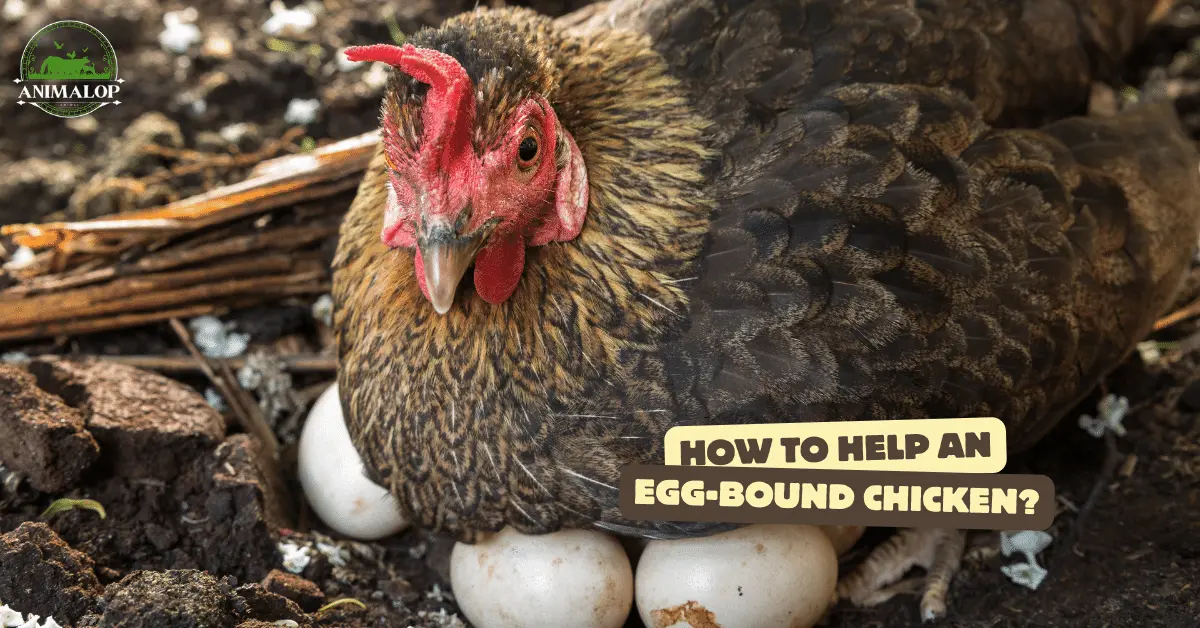
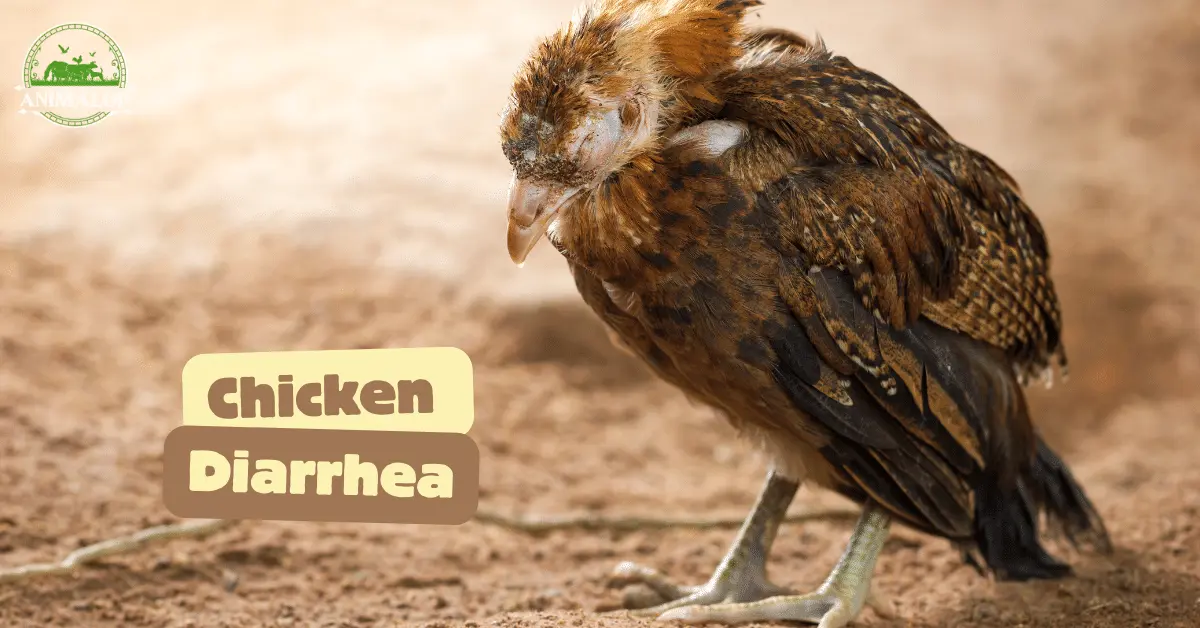
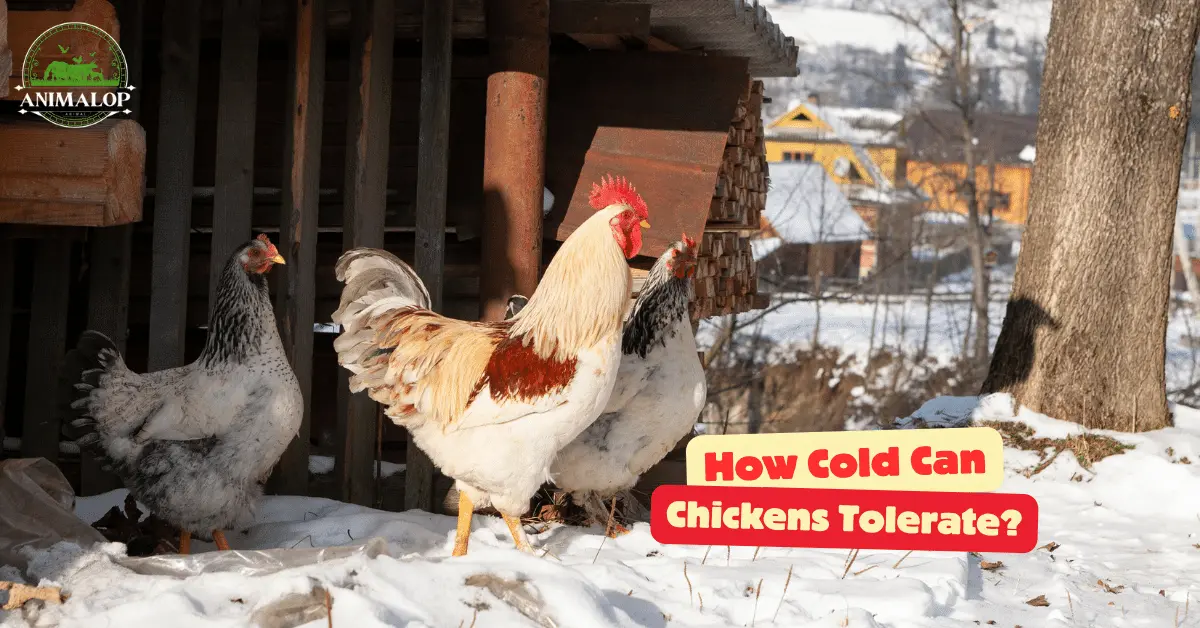
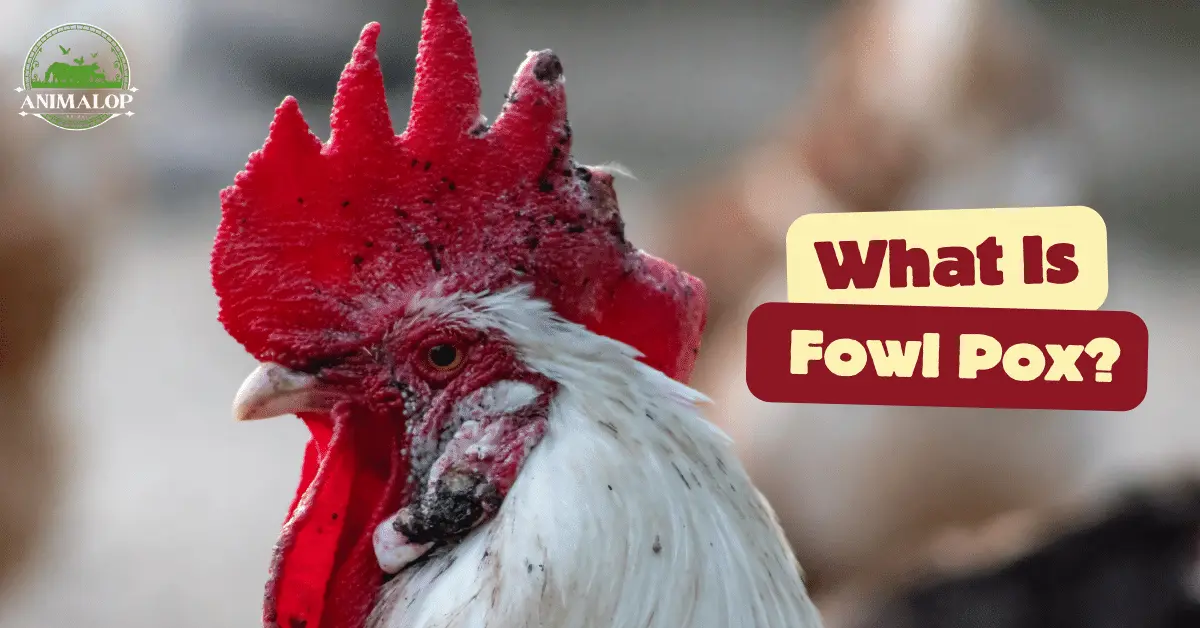
2 Comments on “How To Help An Egg-Bound Chicken?”